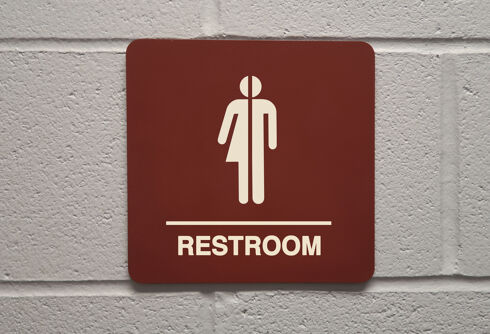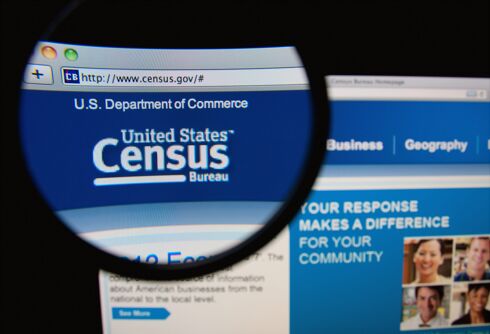CHARLESTON, S.C. — Gay marriages should be allowed to proceed in South Carolina because the state is unlikely to win its appeal to block them and has not shown it would suffer harm if such marriages take place, attorneys for a same-sex couple say.

The couple has filed a lawsuit asking that they be allowed to marry.
“Same-sex couples in South Carolina should not be forced to endure additional delay before they can access the marriage-related protections and dignities that this court has already recognized as guaranteed by the United States Constitution,” they wrote in a filing late Sunday with the 4th U.S. Circuit Court of Appeals in Richmond, Virginia.
U.S. District Judge Richard Gergel last week threw out South Carolina’s state constitutional ban on same-sex marriages and said such marriages could begin at noon this Thursday, ruling in a suit brought by Colleen Condon and Nichols Bleckley of Charleston.
Never Miss a Beat
Subscribe to our newsletter to stay ahead of the latest LGBTQ+ political news and insights.
Attorney General Alan Wilson then asked the appeals court to put the order on hold, saying that the marriages would cause the state irreparable harm and that the U.S. Supreme Court is likely to take up the issue.
If the marriages proceed, it will cause legal confusion about the status of those who marry if the state wins its appeal, he argued. “At this stage, the injury to the state and its people from allowing marriages to go forward in the interim outweighs any perception of harm to the plaintiffs,” Wilson wrote.
However, the attorneys say in court filings that same-sex couples and their children would be harmed “because marriage discrimination imposes a heavy cost, financial and emotional.”
Article continues below
Wilson has argued a decision by the 6th U.S. Circuit Court of Appeals in Cincinnati upholding gay marriage bans in several states means the issue will likely go before the U.S. Supreme Court.
But given the earlier 4th Circuit decision, attorneys for Condon and Bleckley argue it is unlikely South Carolina can win its appeal.
“A panel of this court is not free to abandon a prior panel ruling and instead, follow another circuit’s ruling on the same issue,” they wrote.
This material may not be published, broadcast, rewritten, or redistributed.













